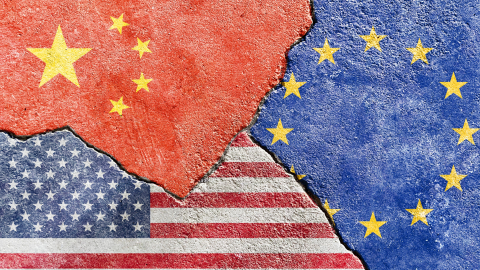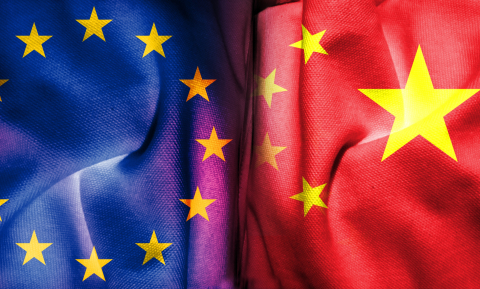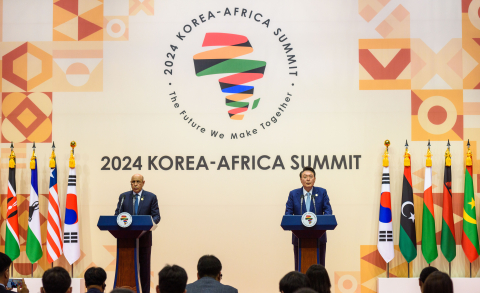3206 publications
France and the Fight against Terrorism in the Sahel: The History of a Difficult Leadership Role
Except for its extreme poverty and the disastrous effects of a series of droughts, the Sahel region has been largely out of the spotlight of international attention in the past. Yet the rise of terrorism and especially the creation of Al-Qaida in the Islamic Maghreb (AQIM) in 2007 brought the region into the focus of world politics. Initially, AQIM"s activities in the Sahel mainly posed a threat to the stability of the Sahelian states themselves. In an effort to internationalize its agenda, however, AQIM also started targeting Western countries.
Iran's Presidential Election: a Distorted Western Perspective?
The election of a religious leader at the presidency of the Islamic Republic of Iran contradicts many of the analyses of western media and experts on Iranian politics.
La crise idéologique du Parti républicain
The Republican Party's increasingly conservative bent has left it more and more at odds with the countries" growing minorities. In preparation for the 2016 election, a serious debate on the GOP's stance is now underway between far-right partisans, moderates and a more pragmatic approach espoused by political consultant Karl Rove.
Youth Unemployment in Europe
On an initiative of the IP-Journal of the German Council of Foreign Relations (DGAP), the Study Committee for Franco-German Relations (Cerfa) of the French Institute of International Relations (IFRI) and the Polish Institute of International Affairs (PISM) are regularly publishing short contributions on a common subject, written by three experts of these institutes. The purpose of these “Weimar Triangle Analyses” is to give the French, Polish and German views on central questions of European politics and European integration.
Obama's Second Term: The Process of Building Global Leadership
The second term of Barack Obama’s presidency has introduced new Foreign Policy leadership that suggests changes for the future. The White House will likely centralize foreign policy making and the Treasury Department may play a bigger role in the country’s global engagement. Despite new policy direction, no framework for the strategic renewal of U.S. global leadership has emerged.
Cyberguerre : En quête d'une stratégie
Cyberspace, as a major but intricate field of action, represents both a challenge and a great strategic advantage. At a time when information technology affects all relationships at a global level, states are destabilized by growing dependence on computer data which puts their militaries at risk.
The European Gas Market: A Reality Check
With the approach of the 2014 deadline for the completion of a truly European liberalized energy market, there is growing concern on the adequacy of the market structure with the changed economic and geopolitical environment. Market-based and short-term approaches have been fostered for both gas and electricity markets. Energy and climate policies have therefore a primary function in designing the basic rules for these markets to develop.










